A homeless man in Liverpool, England, was poisoned with arsenic this past Sunday, April 7. After awaking in a hospital and being told he had ingested poison, he believes he was poisoned by a man who had given him a plate of chips (french fries).
Police are now investigating the poisoning, which the homeless man, in his 30's, says took place at the Liverpool city center. The incident was described Michelle Langan, who regularly encounters the man through her work as an outreach worker with The Papercup Project, an organization which "takes food and drink to rough sleepers across Liverpool."
"He said he woke up in hospital today and they told him he had arsenic in his system – someone had sprinkled it on the chips, he reckoned."
Though Langan has witnessed acts of violence against the homeless community before, she says this attack feels different:
"I'm shocked to be honest – in all the years we have heard some horrible stuff, but this seems more calculated and evil. I'm just glad he was OK – it could have been a horrible ending to the story."
Though a deliberate poisoning represents a significant escalation of a prevalent trend, Liverpool's Crisis director of police Matt Downie made it clear that violence against homeless people is a consistent problem:
"For anyone sleeping on the street, life can be a struggle just to survive. Rough sleepers are 17 times more likely to be victims of violence and 15 times more likely to suffer abuse."
Joe Anderson, Mayor of Liverpool, has joined in the call for parliament to classify violence against homeless people as a hate crime, reaching out to Home Secretary Sajid Javid after regularly hearing reports of homeless individuals being "being beaten, urinated on and sexually assaulted."
In 2018, the charity Crisis reported that "one in three homeless people were deliberately hit, kicked or experience another form of violence" while "one in 20 rough sleepers were the victims of sexual assault."
Downie hopes long-term steps will be taken to help this suffering population of people:
"In the short term, it's vital that the victims of these disproportionately frequent attacks feel able to approach the authorities for support. 'But ultimately, they must also be given the dedicated help they need to leave the streets behind for good."

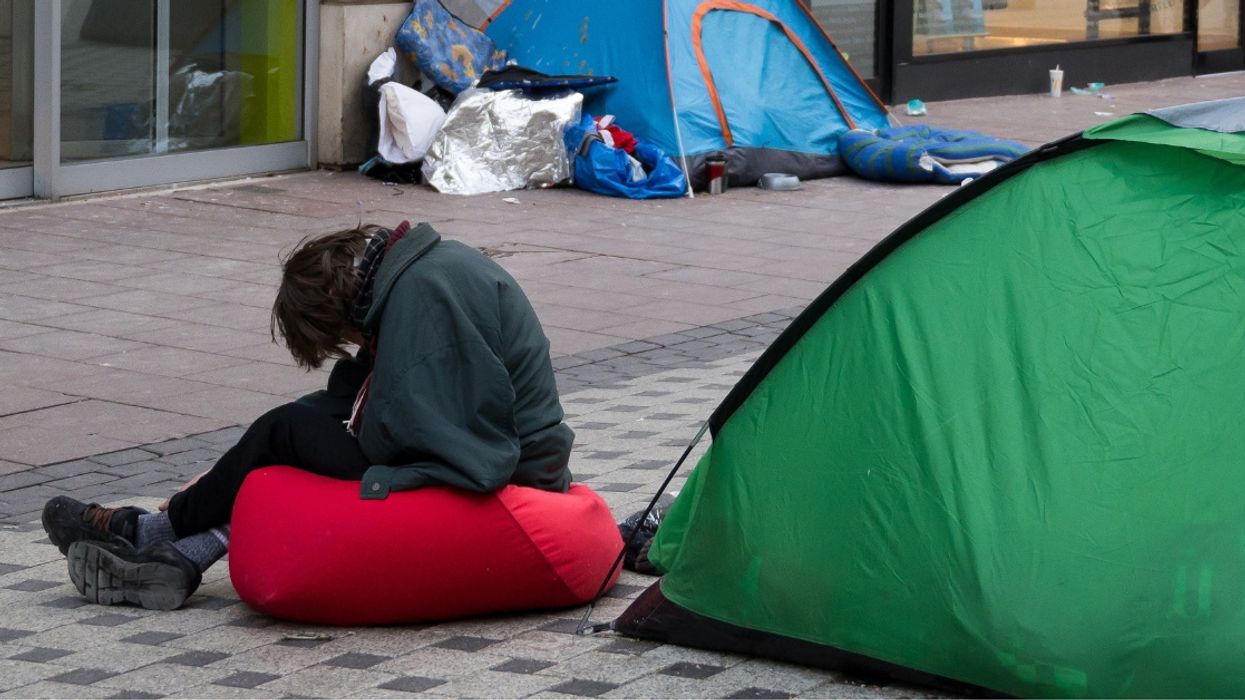







 Replying to @StefanMolyneux/X
Replying to @StefanMolyneux/X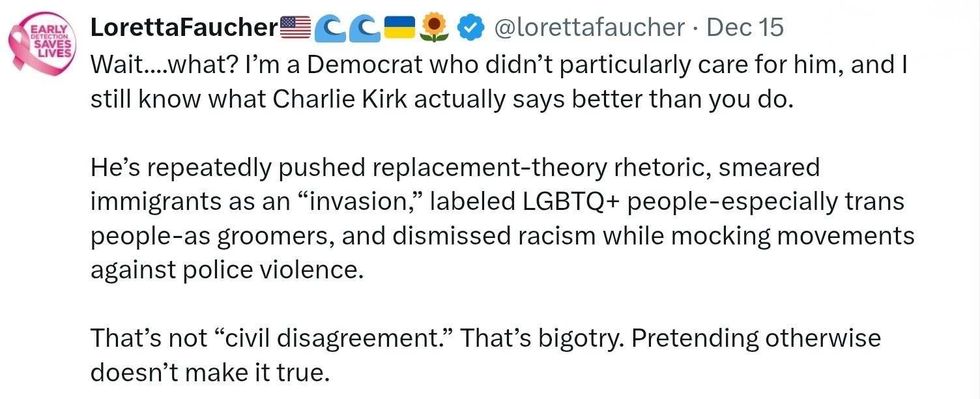 Replying to @StefanMolyneux/X
Replying to @StefanMolyneux/X Replying to @StefanMolyneux/X
Replying to @StefanMolyneux/X Replying to @StefanMolyneux/X
Replying to @StefanMolyneux/X

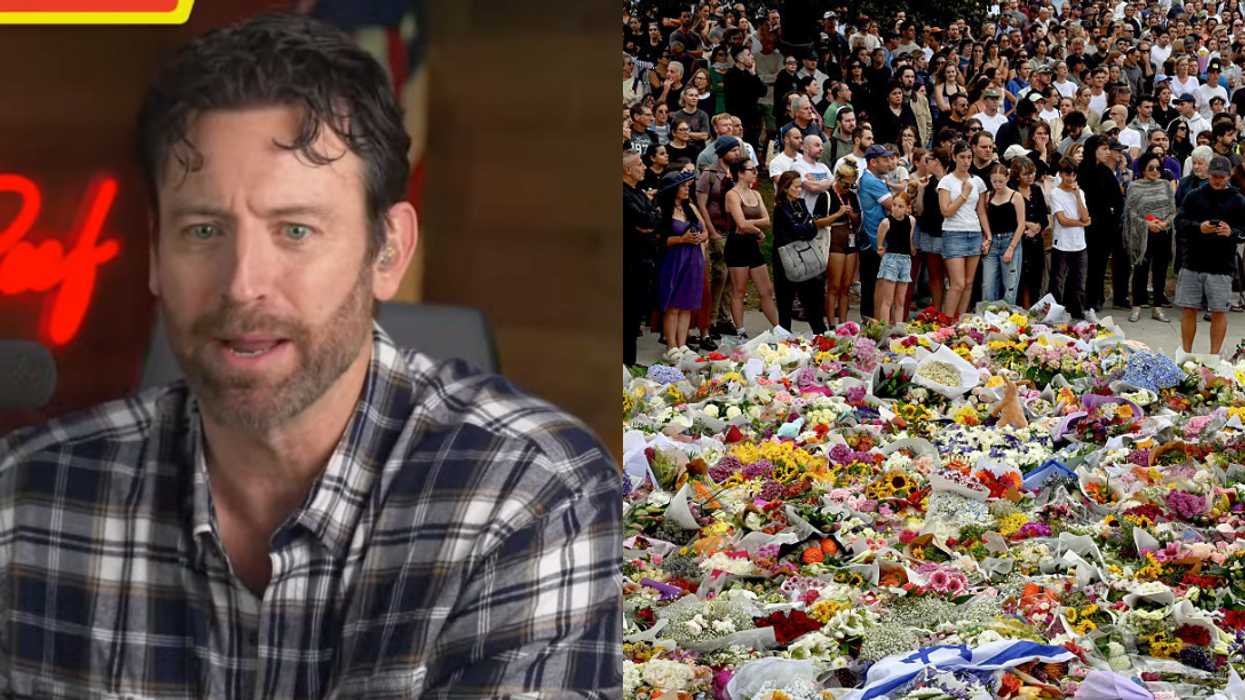
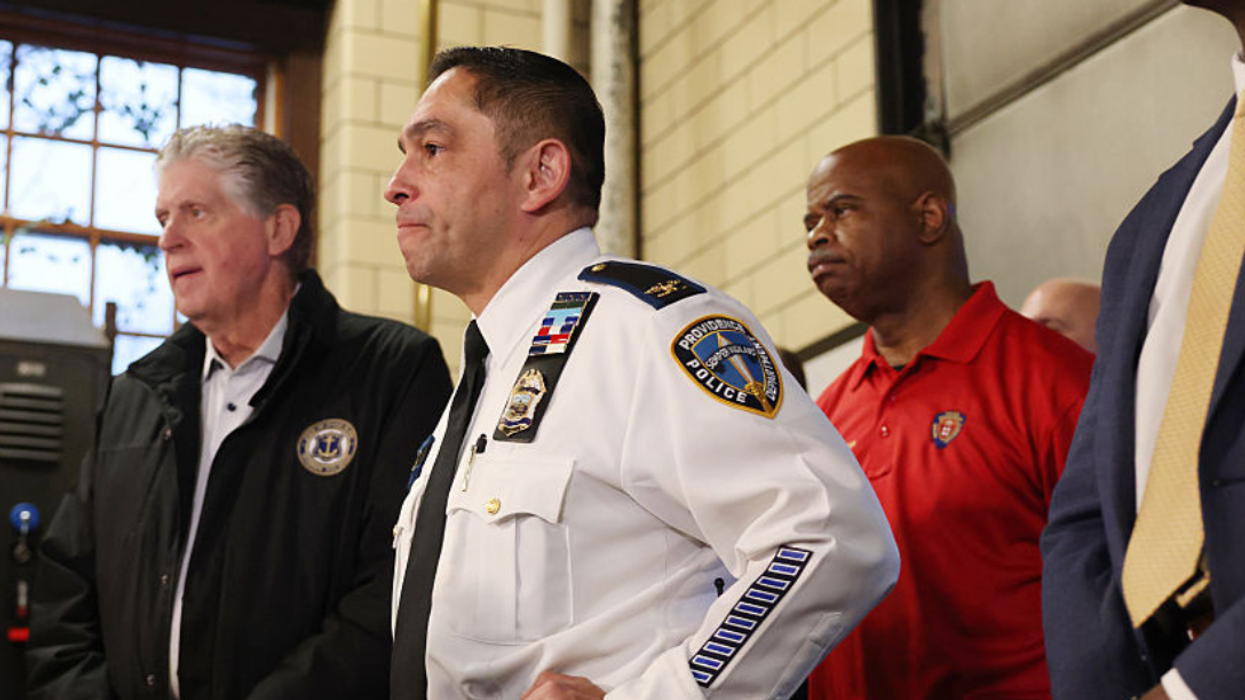





 Playing Happy Children GIF by MOODMAN
Playing Happy Children GIF by MOODMAN  May The Fourth Be With You
May The Fourth Be With You 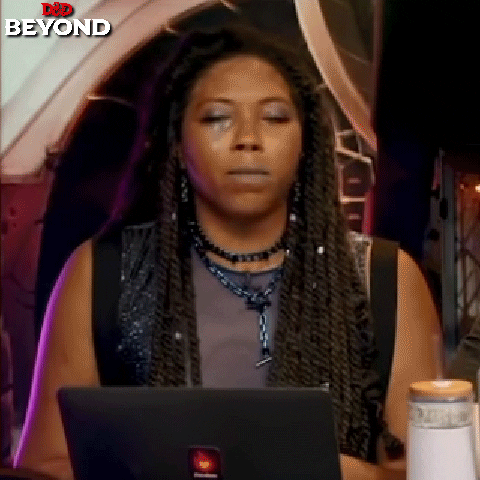
 Nhh GIF by New Harmony High School
Nhh GIF by New Harmony High School